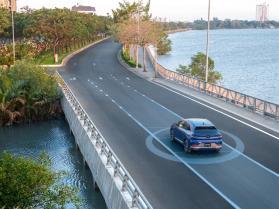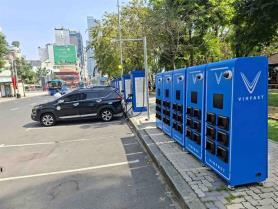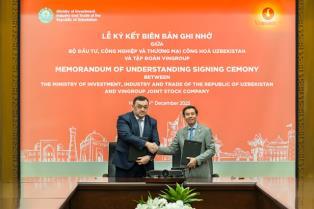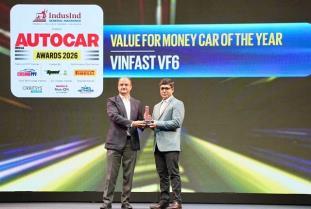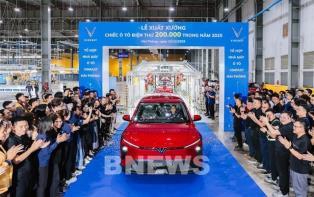After years of VinFast’s near-monopoly in the EV segment, international names are now signalling strong ambitions to tap into one of Southeast Asia’s fastest-growing markets.
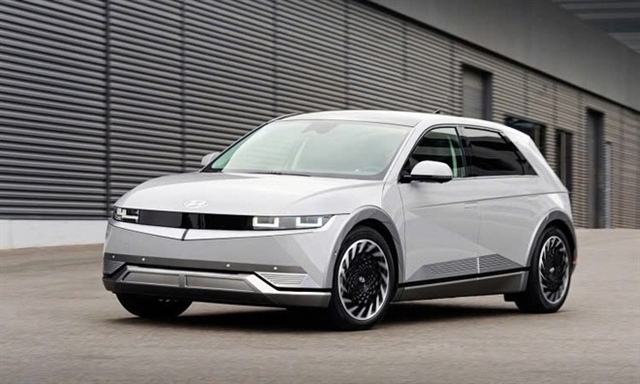
HÀ NỘI — Việt Nam’s electric vehicle (EV) market is entering a pivotal stage of transformation, as a growing number of global automotive giants unveil plans to join the green mobility race.
After years of VinFast’s near-monopoly in the EV segment, international names are now signalling strong ambitions to tap into one of Southeast Asia’s fastest-growing markets.
In 2024, VinFast sold approximately 87,000 EVs, a year-on-year increase of more than 150 per cent, surpassing Toyota’s sales for the first time and dethroning the long-time market leader in Việt Nam. While VinFast enjoys the advantage of an extensive domestic charging network and local manufacturing, foreign rivals are targeting the mid-to-high-end segment with models praised for their technology and refinement.
Ford Việt Nam is set to officially launch its Mustang Mach‑E electric SUV on August 15, marking a significant comeback in the EV race.
This move is seen as a strategic play, as the market undergoes substantial changes in policy and consumer behaviour. Meanwhile, Toyota is preparing to bring the bZ4X to Việt Nam via imports from Indonesia, and Hyundai has started assembling the IONIQ 5 at its Ninh Bình plant.
However, the lack of charging infrastructure remains a major bottleneck for EV development. VinFast currently holds the upper hand with a nationwide network of charging stations, while other carmakers still rely on third-party partners or build infrastructure from scratch.
TMT Motor, a distributor of the Wuling EV line, recently announced plans to deploy up to 30,000 charging points nationwide. The move is seen as a bold investment that could prove risky if market demand does not grow as expected.
On the policy front, the Government continues to support EV development through tax and fee incentives. Starting in March, the registration fee exemption for EVs was replaced with a 50 per cent reduction compared to petrol-powered cars.
Nevertheless, several localities, including Hà Nội, have proposed extending the preferential policies until 2030, signalling long-term commitment to promoting eco-friendly vehicles.
Vietnamese consumer sentiment is also shifting, especially amid fluctuating petrol prices and rising fuel costs. As EV technologies become more accessible, many are considering the switch. Yet to foster genuine competition, manufacturers must tackle challenges related to pricing, after-sales service networks and, most importantly, compatibility with Việt Nam’s charging ecosystem.
Ford’s upcoming Mustang Mach‑E launch could be the first spark igniting a new EV race. As more brands join the field, consumers are set to benefit from greater model diversity, competitive pricing and improved service quality. The EV competition will not merely be about sales volume, but also about innovation, convenience and user experience.
As the world races toward carbon neutrality and sustainable development, Việt Nam cannot afford to lag behind. The impending EV boom is not just a corporate battleground, but a vital step in greening the nation’s transport sector.
While the EV market heats up, used petrol vehicles are facing a downturn. Despite aggressive price cuts — often by tens of millions of đồng — and incentives such as free registration, document handling and accessories, showrooms are struggling to attract buyers. This slump is largely due to consumer concerns over the future restrictions on petrol-powered vehicles and a growing preference for EVs and hybrids, which offer lower running costs and align better with long-term sustainability goals. — VNS

